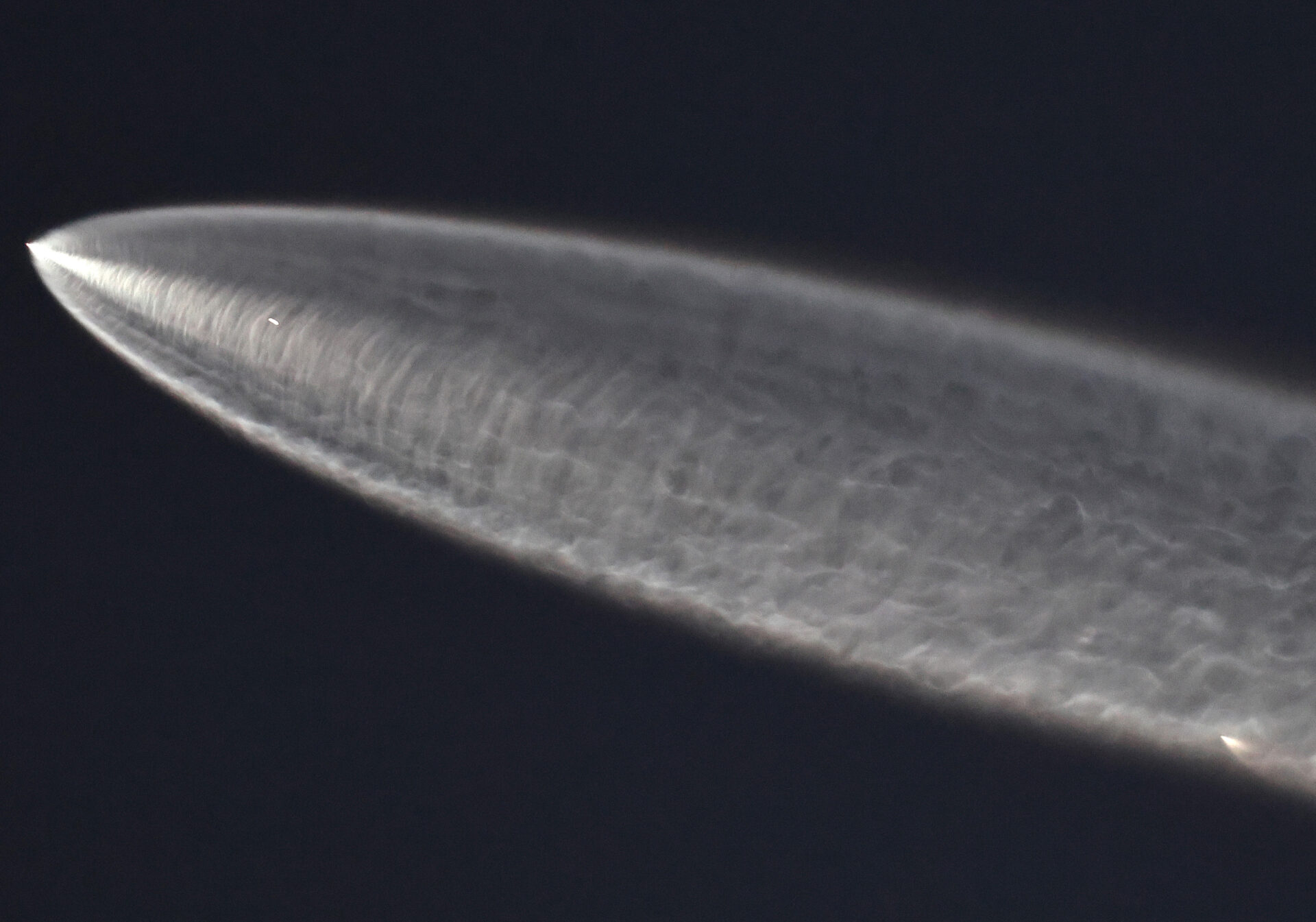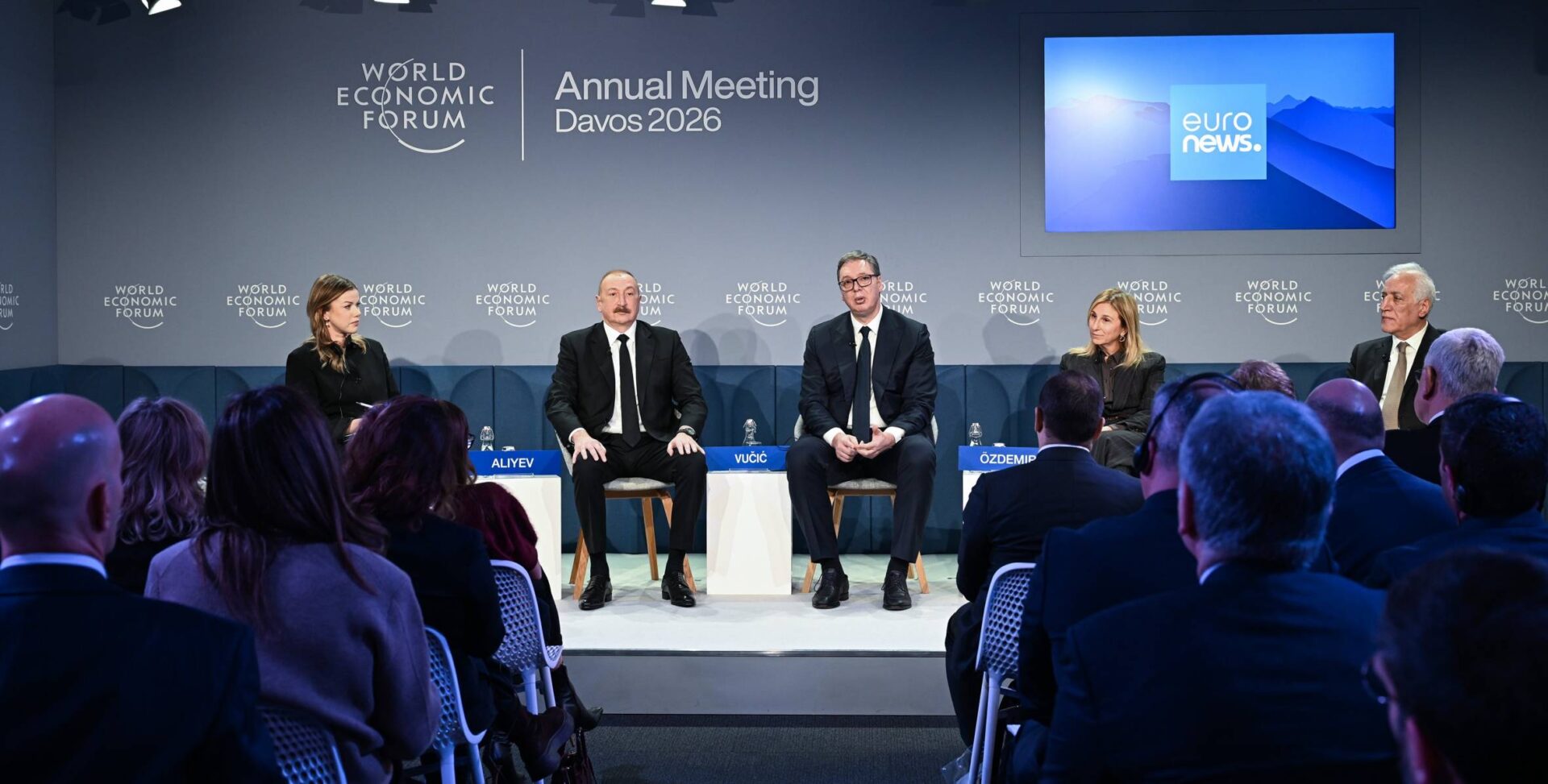CHUVASH PRESIDENT FIGHTS ON TWO FRONTS.
CHUVASH PRESIDENT FIGHTS ON TWO FRONTS.
This past week, the conflict between the Chuvash Republic President Nikolai Fedorov and Russian President Vladimir Putin assumed all the characteristics of a war. Fedorov has from the start been a strong critic of Putin’s new federal policy. He spearheaded the opposition in the Federation Council to the three bills which formed the basis of that policy, and tried to persuade the upper house of parliament to appeal to the Constitutional Court against the bill to which the governors objected most strongly–that giving Russia’s president the right to remove elected governors from office and to dissolve regional legislatures. Fedorov failed because he ran up against the Federation Council’s reluctance to exacerbate its relations with Putin–a reluctance apparently based on the senators’ conviction that the law would never be put into effect. Fedorov’s decision to go it alone and to appeal to the Constitutional Court himself was, accordingly, seen by the Kremlin as a declaration of war (Russian agencies, October 25).
The main battle in this war lies ahead and will take place in the Constitutional Court. It is already clear that Fedorov will not be able to count on an open dialogue with his opponents. Vyacheslav Khizhnyakov, the president’s representative in the Federation Council, has dismissed Fedorov’s aims as “purely political.” Fedorov is motivated, Khizhnyakov declared, “if not by desire for political speculation, then by a wish to make a political advertisement for himself” (Russian agencies, November 14). From all appearances, the Kremlin’s team of imagemakers will try to nudge public opinion about Fedorov in this direction.
It does not follow that Fedorov, having failed in his attempt to win support from the Federation Council, will have to fight alone. He still has allies. They include Vladimir Platonov, chairman of the Moscow City Duma and deputy speaker of the Federation Council. Commenting on Khizhnyakov’s tough statement, Platonov showed no less toughness, saying that the presidential representative had exceeded his authority and made statements which were “at best improper.” Russia, Platonov insisted, is a democratic state and parliamentarians have the right to argue their case. The Constitutional Court exists to resolve problems and any citizen has the right to appeal to it. “The presidential representative does not have the authority to interpret legislation,” Platonov declared. “It would be a pity if a normal act made on the basis of the constitution were construed as a challenge to the head of state,” he added (Russian agencies, November 16). Such support, however, is unlikely to be decisive in Fedorov’s war, which he now must also fight on his own territory. Thirty-three of the eighty-five deputies to the Chuvashia’s State Council have lodged a complaint against their president with the republic’s Supreme Court. They are calling for one of the Fedorov’s decrees to be declared unlawful (Russian agencies, November 15). This is the decree under which Fedorov called a referendum, so as to appeal directly to the population against the refusal of Chuvashia’s State Council to amend the republic’s constitution and allow the president to run for a third term in office.
According to press reports, Putin’s representative in the Volga federal district, Sergei Kirienko, actively supported Chuvashia’s parliament in its tussle with Fedorov (Vremya novostei, November 14). But the reports omit one significant detail: Kirienko did not oppose a third term for Fedorov, merely his calling of a referendum. There is every reason to believe that the conflict over the referendum will eventually be resolved and that Fedorov will succeed in removing from the republic’s constitution the ban on more than two terms. Kirienko’s apparatus has already hinted that it would not oppose this. It seems its aim is not to defeat Fedorov but to buy him off, and to persuade him to abandon his large-scale battle for the sake of personal advantage (Russian agencies, November 15).
All this suggests that the various subdivisions of the Russian president’s team have not been coordinating their actions. That the Putin team is not united has already been demonstrated. Given that it has rarely been able to defeat regional leaders on their own territory, the Kremlin seems unlikely to achieve total victory on this occasion, either. The fact that such an attack on Fedorov has been carried out gives reason to suspect that the Kremlin is not completely confident of victory in the Constitutional Court.
KREMLIN WINS ITS FIRST REGIONAL VICTORY.


